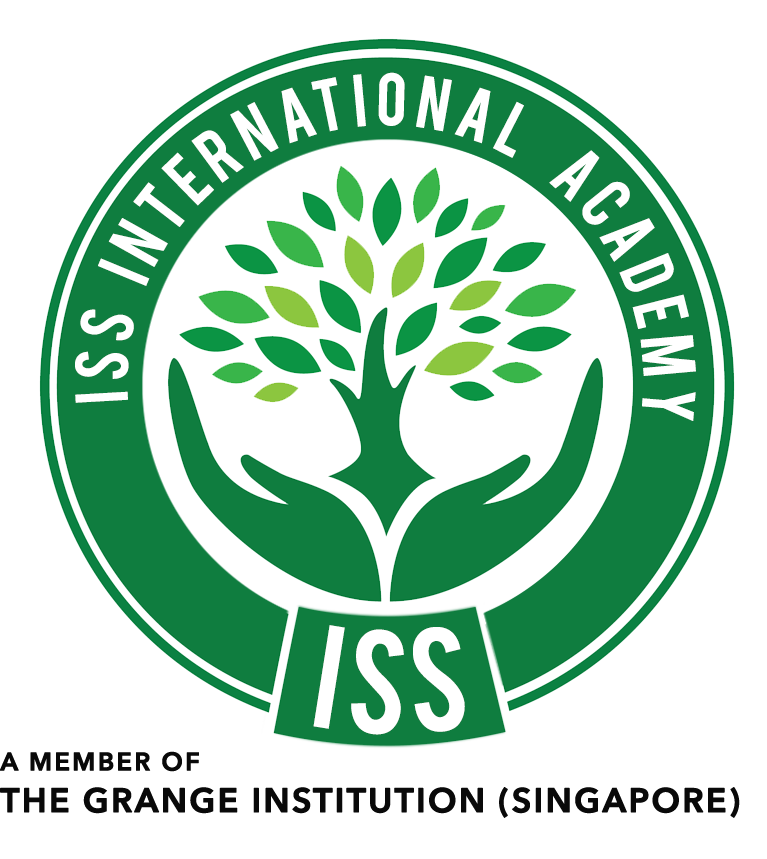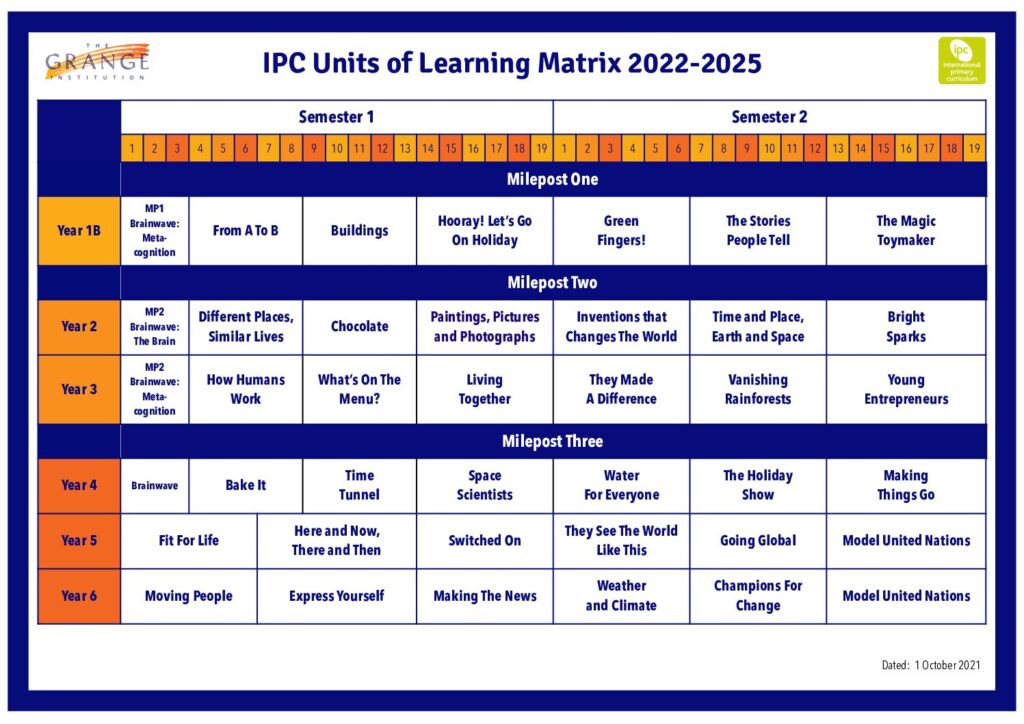
On 6th February 2023, a devastating earthquake of magnitude-7.8 hit Turkey and Syria.
The earthquake prompted immediate relief efforts from local authorities, international organisations, and the global community. Due to the scale of the disaster, long-term assistance is required to support the recovery and rebuilding efforts. This support took on many forms, ranging from financial contributions to providing technical expertise and resources.
The Grange pledged to donate all proceeds from our co-curricular programmes in aid to relief efforts for the victims of the earthquake in Syria and Turkey. Parents actively supported the initiative through the registration of their child for the various co-curricular programmes. There was an 30% increase in the number of registrations!
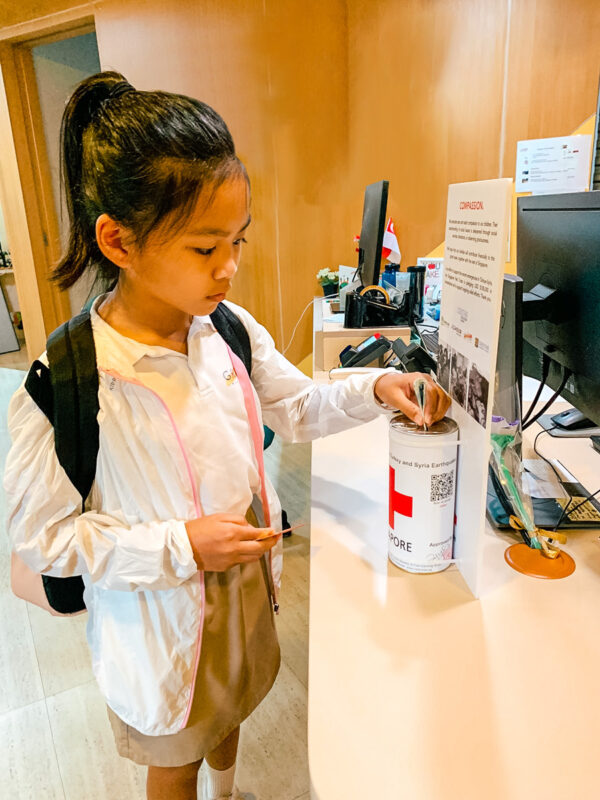
We would like to extend our appreciation to The Grange community for their support for this initiative. It is indeed a great way to show kindness and exercise empathy.
Together with our sister brand, Kinderland International Education, our efforts have raised a total of $12,000 in donations to support the relief efforts in Turkey and Syria.
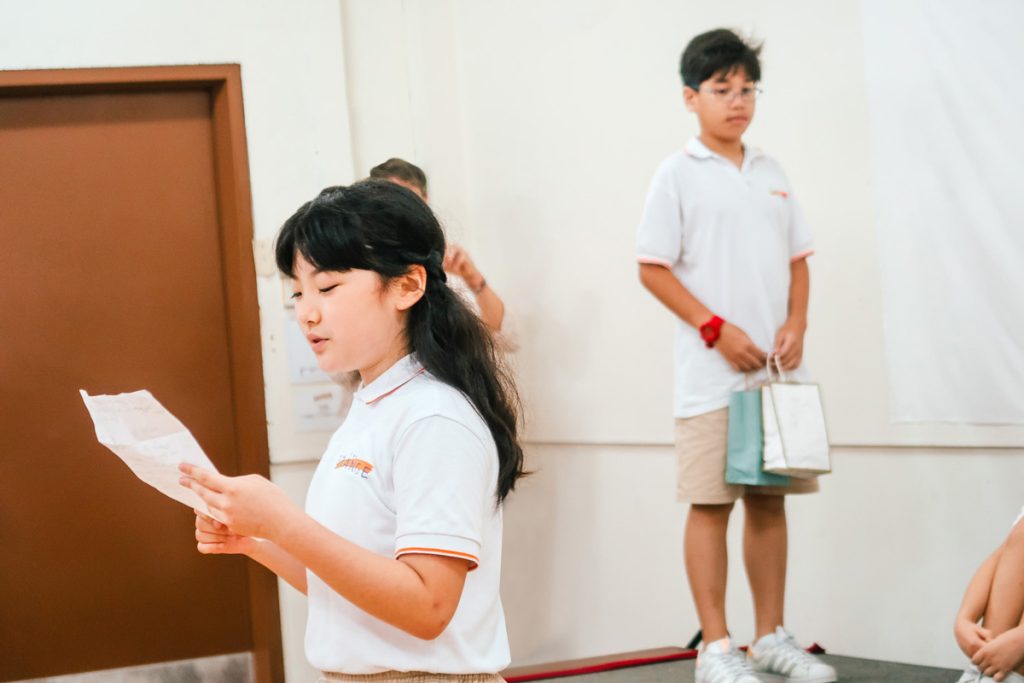
To extend support for other relief efforts by the Singapore Red Cross, the school organised another donation drive to raise funds. Students from Year 5 put up a skit to spread the message about kindness during the school assembly, while Year 4 students went door-to-door in the neighbourhood to collect cash donations. They were met with a warm reception from the neighbouring community. Many households were more than happy to donate to the cause.
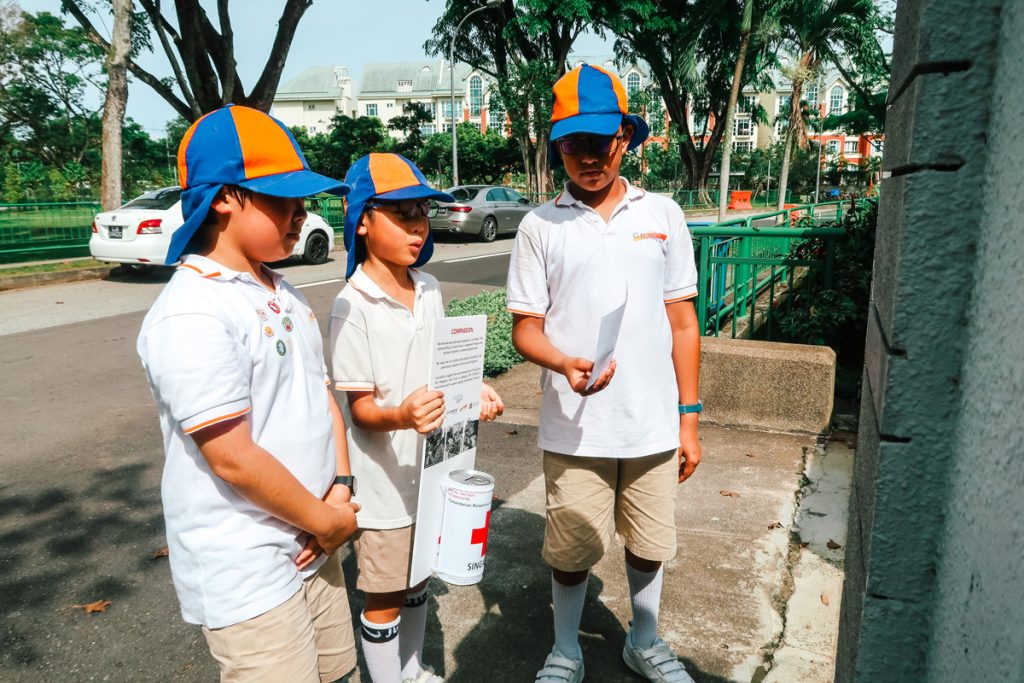
In addition to raising funds, this donation drive is a valuable learning experience for the students. They learned about the importance of teamwork, communication, and partnership, as well as the value of helping others in need.
Singapore Red Cross’ fundraising appeal will continue to run, and members of the public can donate online at redcross.sg/donate-turkey-syria.
